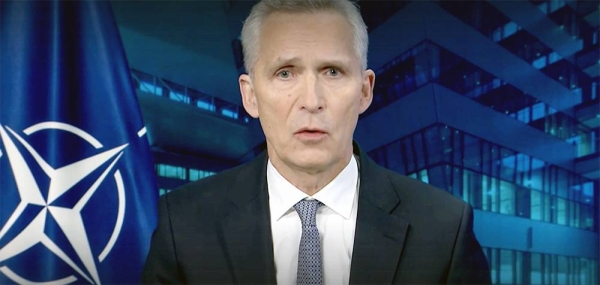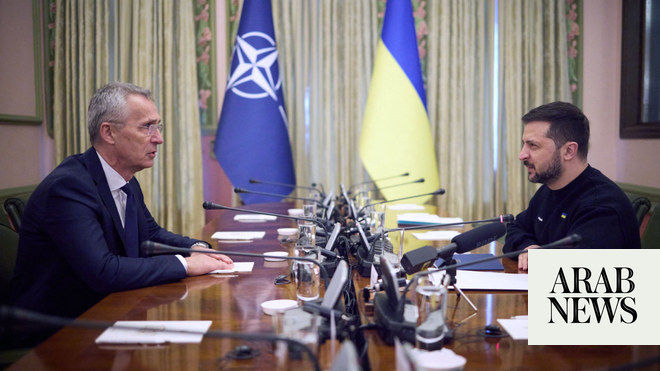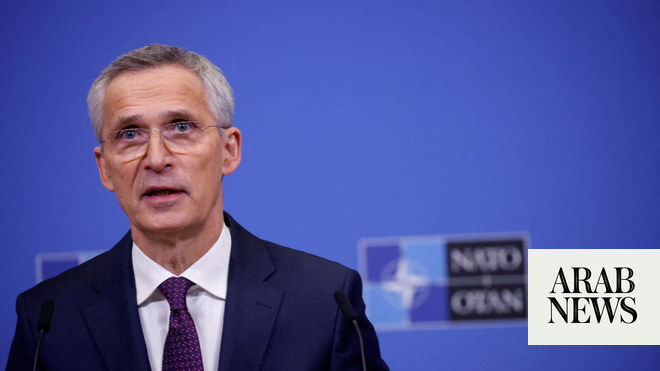
An “alliance of authoritarian powers” is working more closely together against Western democracies, the head of NATO has warned.
Jens Stoltenberg told the BBC that Russia, Iran, China and North Korea are increasingly aligned.
He also said he was confident allies of the NATO military alliance would agree a long-term funding deal for Ukraine by July.
But he suggested Ukraine might have to decide on some “kind of compromises”.
Stoltenberg was speaking to Sunday With Laura Kuenssberg, in an interview to be broadcast on Sunday morning.
On the Middle East conflict, he said it was “very important” that the US and other NATO countries conveyed “a very clear message to Israel” that they have to do “significantly more” to protect civilians and aid workers after the World Central Kitchen convoy attack.
Stoltenberg took over as the leader of NATO, the Western defense alliance, 10 years ago.
Speaking to mark the 75th anniversary of the organization, he told me the world was now “much more dangerous, much more unpredictable” and “much more violent”.
He said there is an “authoritarian” alliance giving each other practical support that is “more and more aligned”.
The NATO chief explained: “China is propping up the Russian war economy, delivering key parts to the defense industry, and in return, Moscow is mortgaging its future to Beijing.”
Russia was providing technology to Iran and North Korea in return for ammunition and military equipment, he added.
Stoltenberg told me that NATO had to work with other countries beyond its geography — such as Japan and South Korea — to “stand up against this stronger alliance of authoritarian powers”.
The NATO chief has been trying to persuade other countries to commit more money to the war effort in Ukraine in recent days in the hope of a five-year, 100bn euro (£86bn) fund.
He said he was confident he would get an agreement by July, despite some countries expressing hesitation this week.
Long-term support was vital now, and to rebuild the country after the conflict, he said.
“Even if we believe and hope that the war will end in the near future, we need to support Ukraine for many years, to build their defenses to deter future aggression,” he said. — BBC












